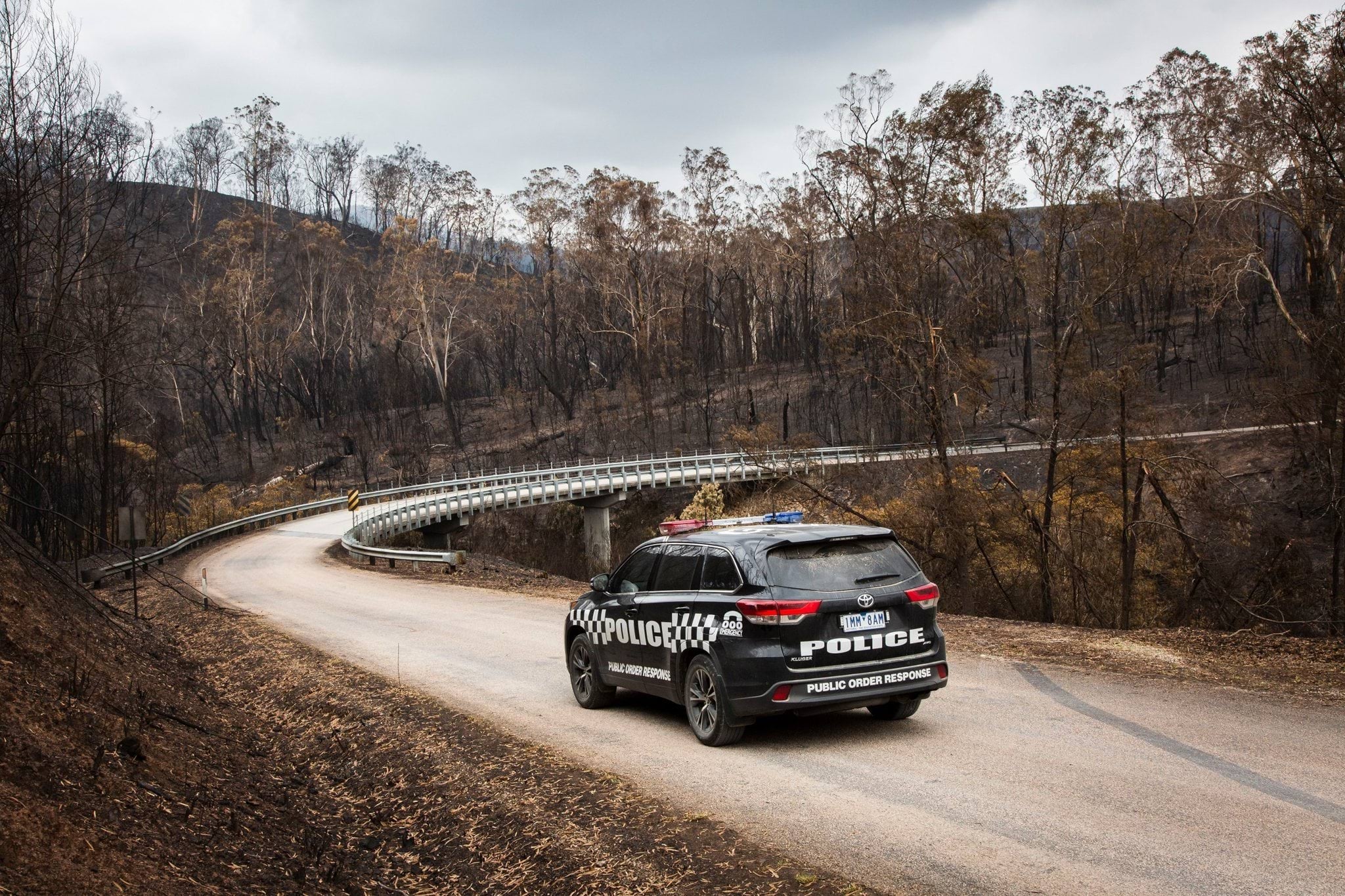Natural disasters, such as bushfires and floods, require large operational responses from Victoria Police employees. You or your loved one, may have been deployed or had a role in helping during the disaster. For Victoria Police employees and their families, events like this can cause anxiety and concern for one's overall safety and wellbeing.
Effects on mental health and wellbeing
Natural disasters can have a number of effects on one's overall mental health and wellbeing. After distressing, emotional and/or traumatic experiences it’s normal for your body and mind to replay what happened in order to better process the event and move on. In the first few weeks after the event, you may be emotionally affected in a number of ways, such as:
- difficulty concentrating
- problem with sleeping
- intense feelings of sadness
- guilt
- fear, and/or
- anger.
These feelings and responses usually settle down after a few weeks. It's important to pay attention to how you are feeling - your behaviour, your moods, your actions. The same event can affect people differently. Some people may experience strong emotional or physical reactions, changes in their thinking and behaviour, or prolonged distress; others may not. There is no one way or ‘right’ way to feel.
Negative mental health signs
Lots of people recover from traumatic events by finding and using their own ways to cope, and with the help from friends, family, and work colleagues. For some people the negative feelings and impact from a particular traumatic incident may last longer and become worse over time. They might need extra support and professional help to feel better.
If you can’t stop feeling upset and keep thinking about a traumatic event long after it’s over, and are feeling as though you are unable to cope, you may be experiencing some negative mental health issues, such as:
- PTSD (post-traumatic stress disorder)
- compassion fatigue
- vicarious trauma, and/or
- burnout.
This may be the time when you need additional self-care techniques or professional support to help with your recovery.
Different recovery journeys
It’s important to remember everyone’s journey through recovery is different, and for many recovery remains an ongoing challenge. This is particularly true for those living and working in affected areas. For those who may have been involved in or impacted by previous natural disaster events, such as the Black Saturday fires, new events may cause a re-experiencing of previous symptoms and/or bring up upsetting memories.
Impact of trauma on emergency service employee
As employees of an emergency service, we are compassionate and empathetic by nature - we joined Victoria Police to help people and create safer communities for everyone. Sometimes that means our ability to process and move on from the distressing things that we see, hear, or experience in our place of work can challenge our ability to cope and manage using our usual strategies and techniques.
As family and friends of emergency services workers, when our loved ones leave for their shift, there is nothing more important for them to do in their day than to get home again safely.
If you have concerns about your mental health and wellbeing, or are looking for further advice to support a loved one, visit our Wellbeing support page.
Support resources
Lifeline's Natural Disaster Support Toolkit has resources that may be helpful before, during, and after a natural disaster.
Visit Life in Mind's knowledge sharing portal at www.lifeinmind.org.au
Updated
